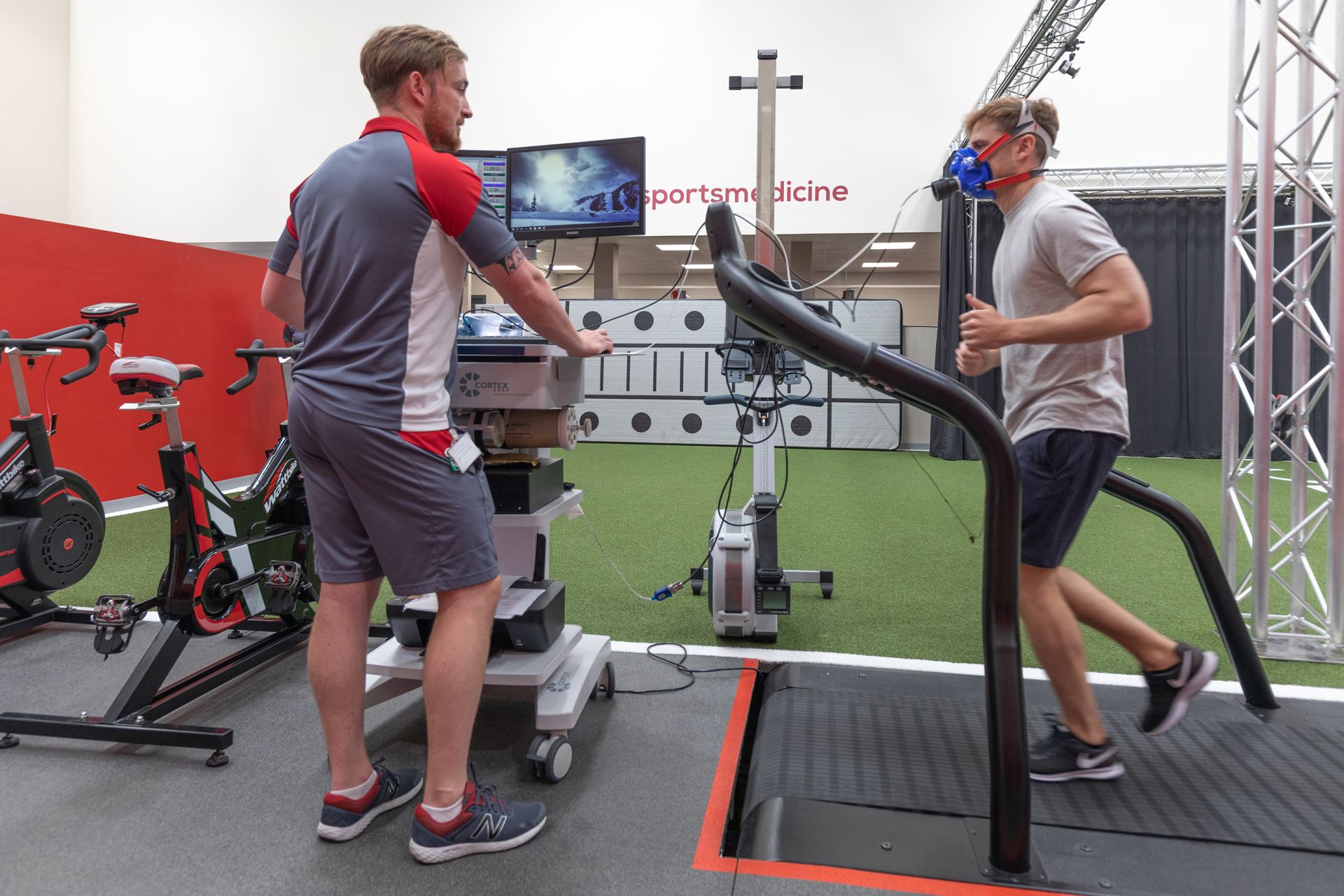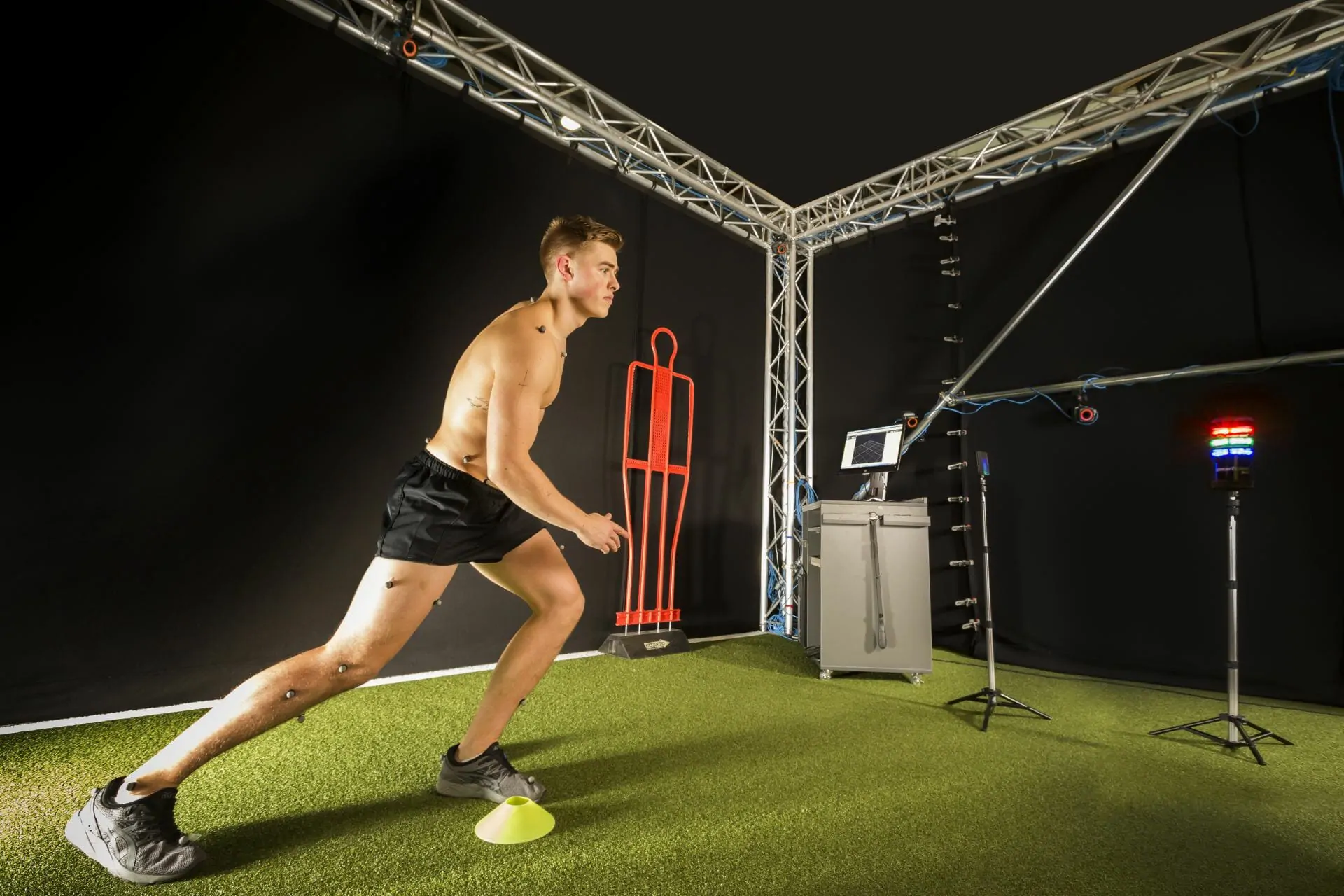A Bone Mineral Density (BMD) test is also referred to as bone densitometry or a DEXA scan. It is important diagnostic tool that not only measures the amount of calcium in certain bones but also can be used to estimate the risk of fracture. It is used to assist in diagnosing osteoporosis.
What is Osteoporosis?
Osteoporosis is a condition of low bone density that reduces bone strength and may result in fractures, physical deformity and/or pain. Osteoporosis is a complex, multi-factorial disease that may progress silently over years. Early detection and intervention are crucial.
At UPMC Sports Surgery Clinic, our Dual Energy X-Ray Absorptiometry (DEXA) examinations estimate the amount of bone mineral content in specific areas of the body. DEXA examinations measure the amount of X-rays that are absorbed by the bones in your body. Two x-ray energies allow the radiologist to tell the difference between bone and soft tissue, giving a very accurate estimation of bone density. Often confused with a nuclear medicine bone scan, a bone density scan is faster and does not require a radionuclide injection. Bone density tests (DEXA) can also be used to determine if particular medications are improving bone density strength over time.













